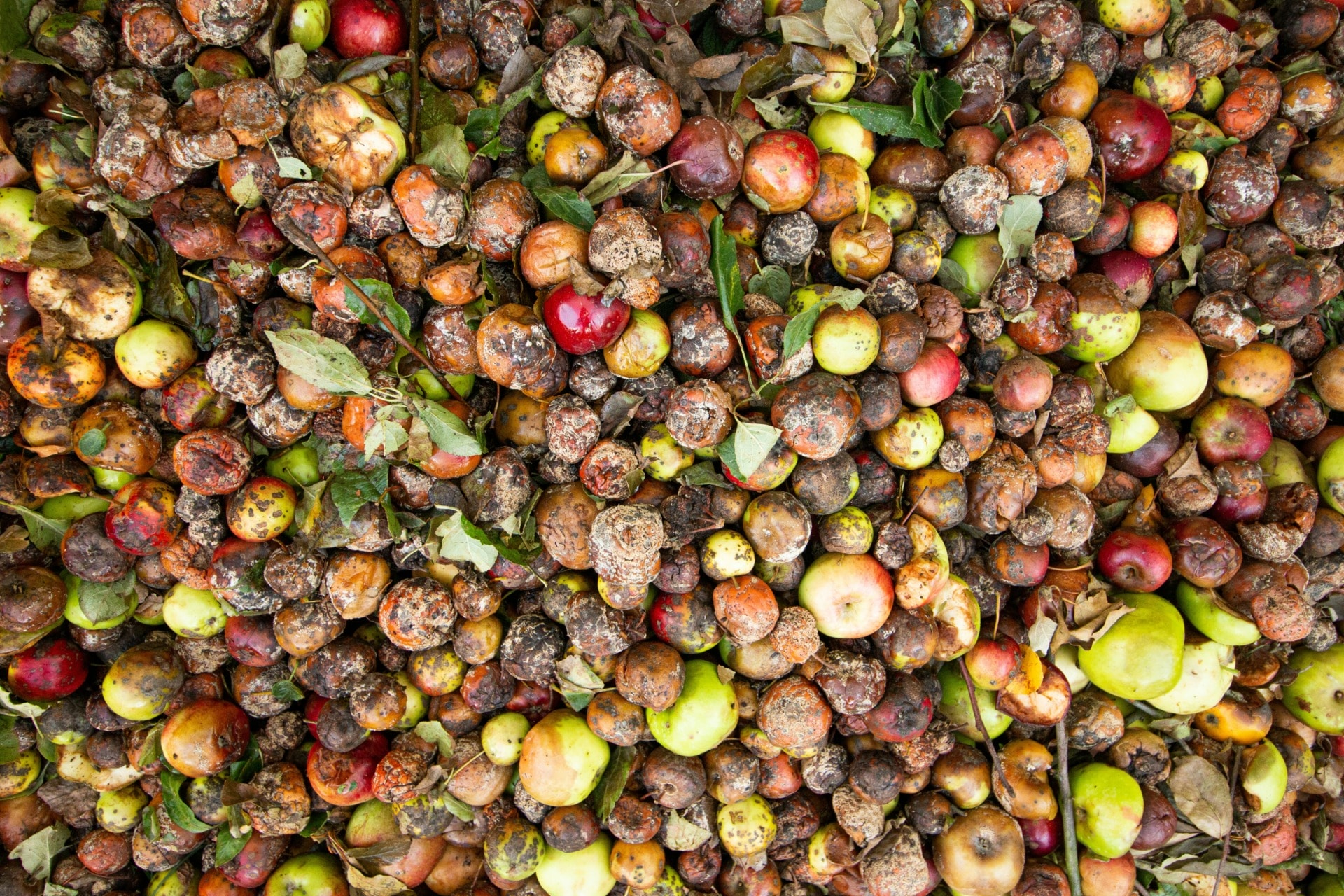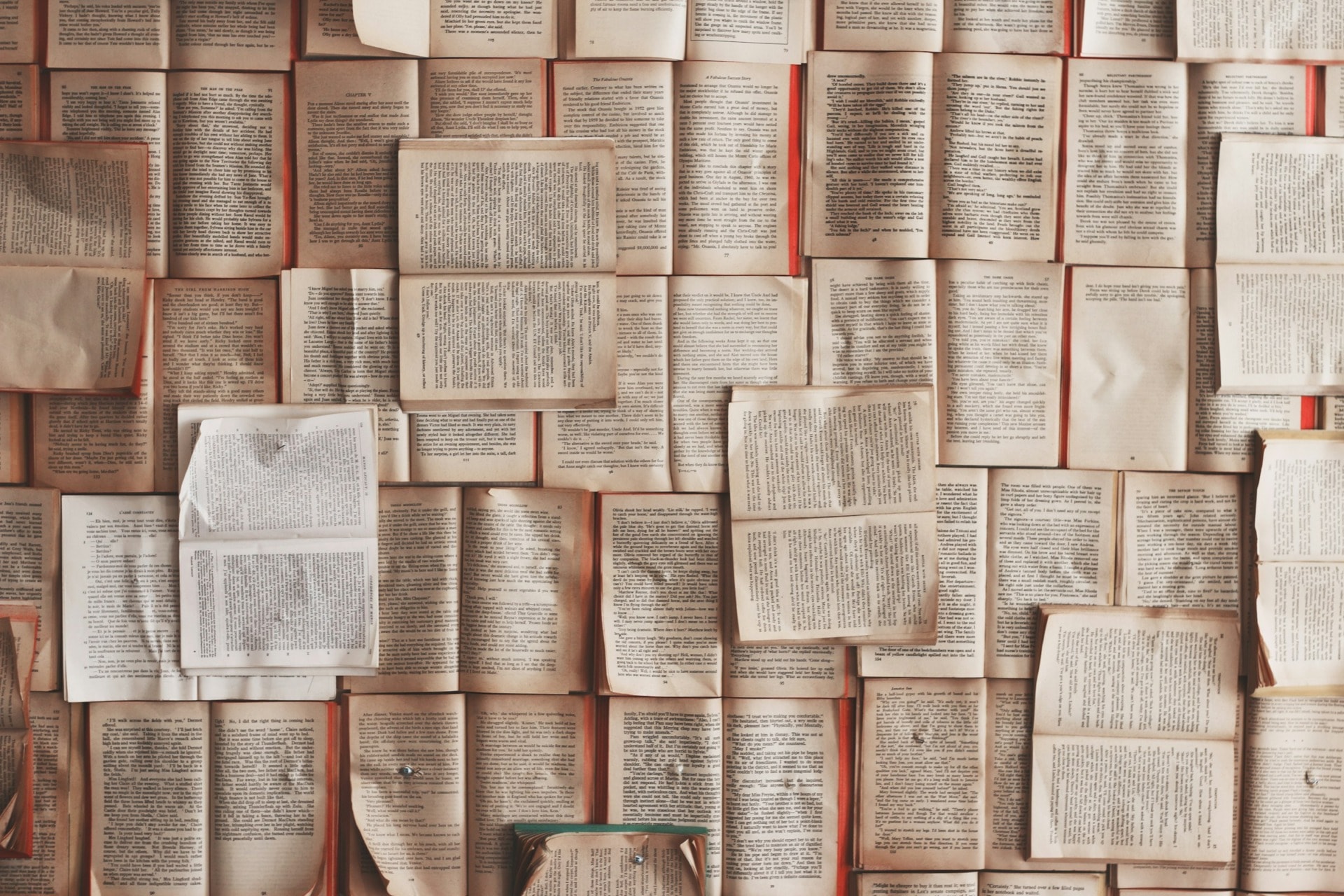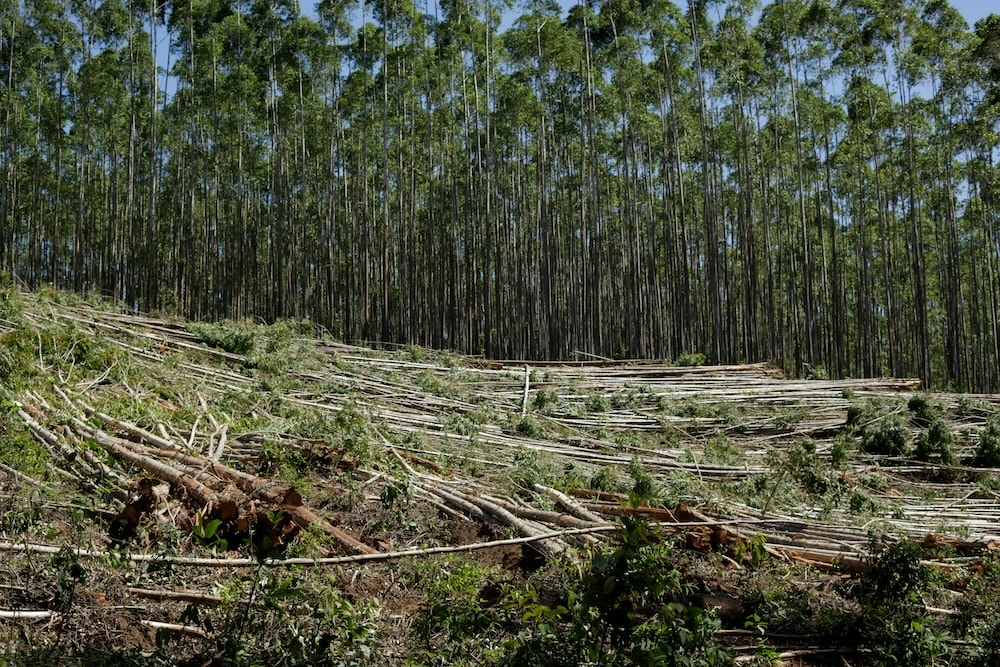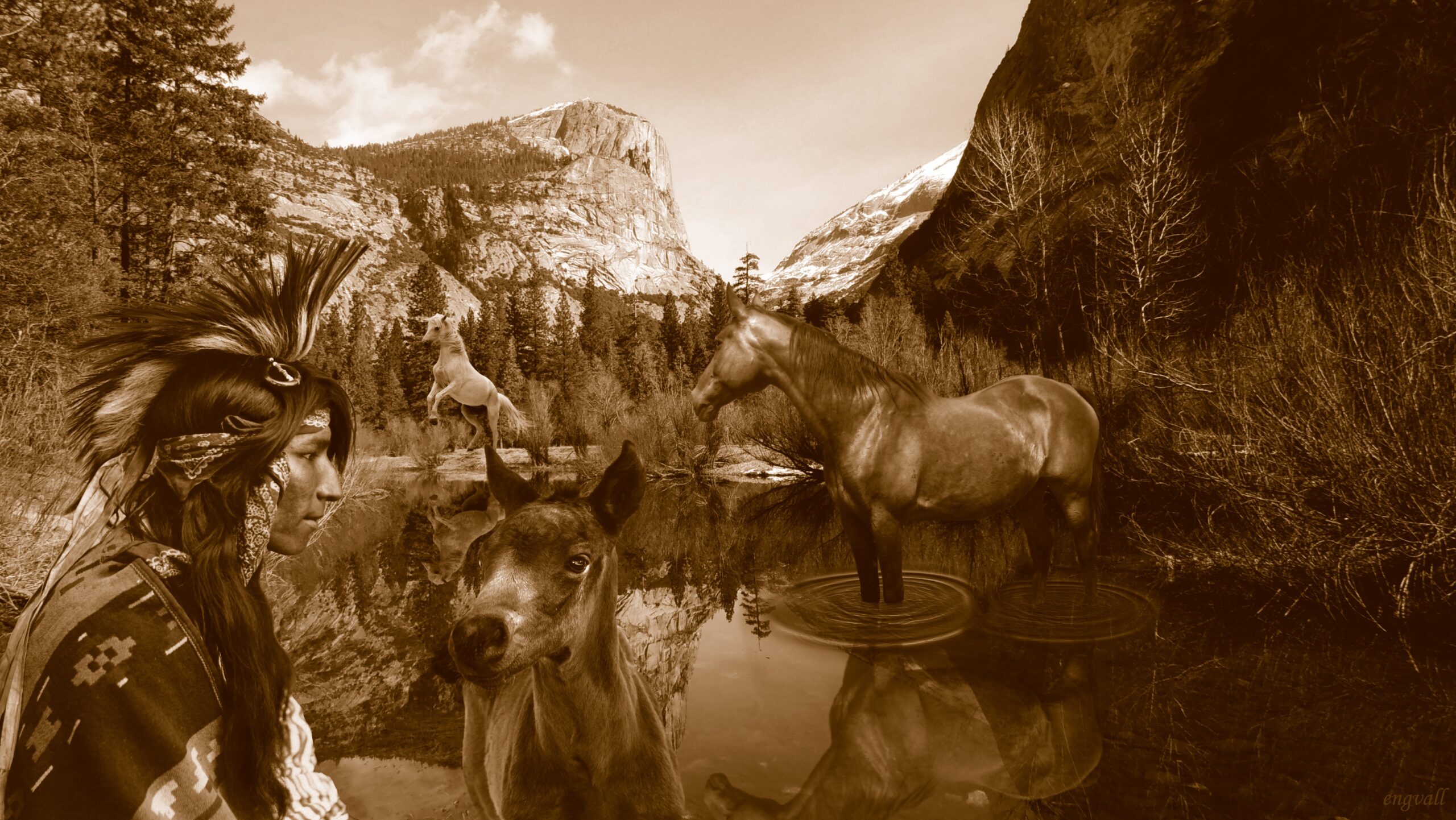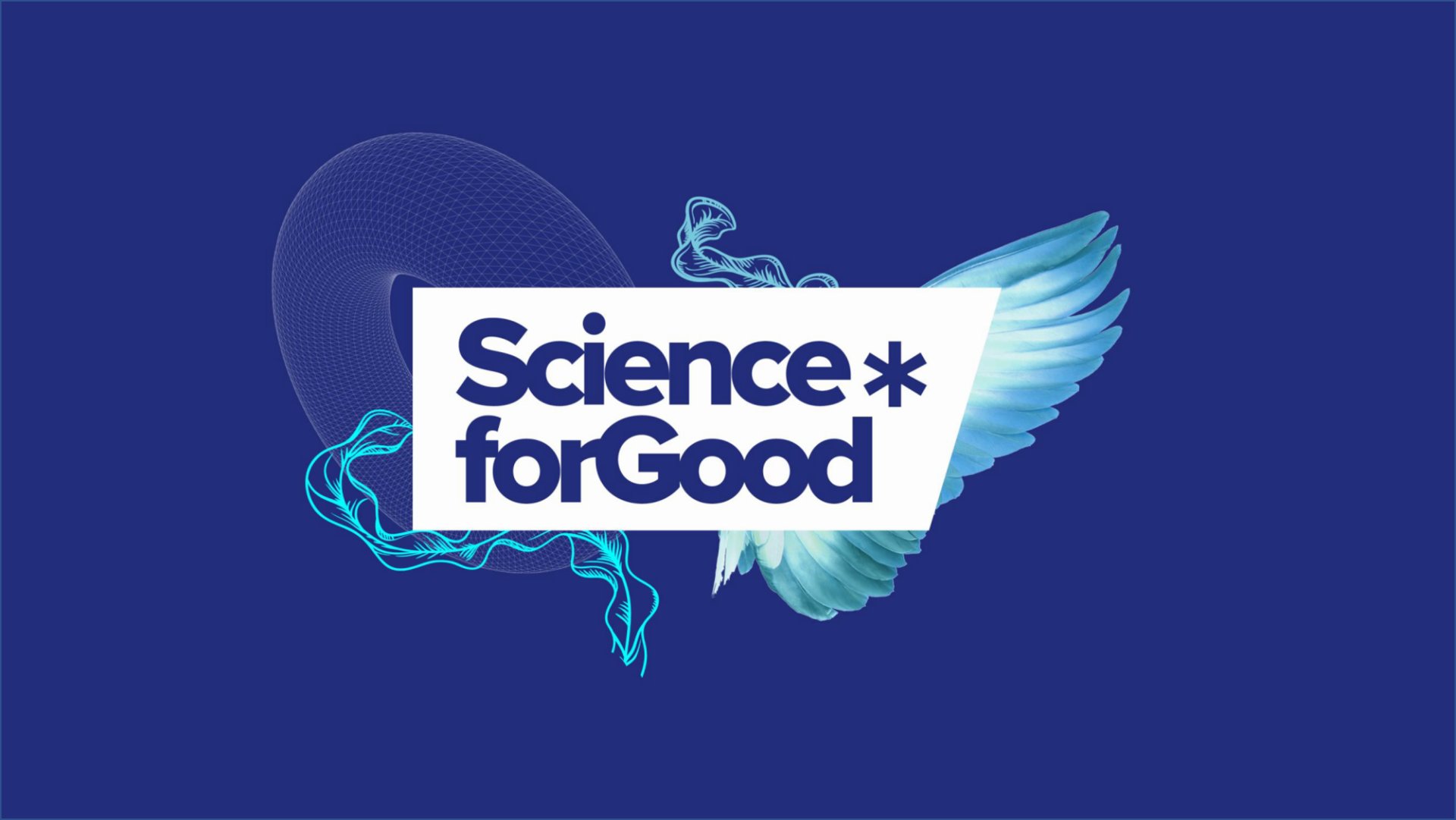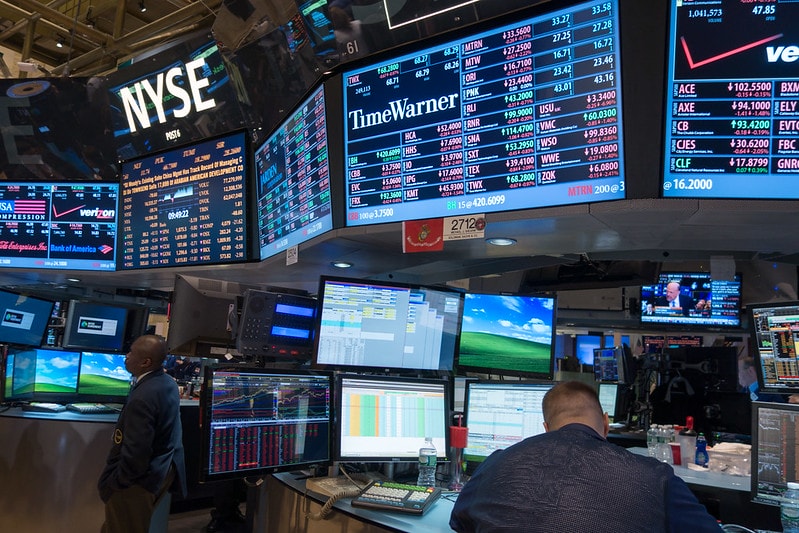The Fabric Social is a conscious fashion label the clothes of which involve silk and cotton materials woven by artisans on traditional handlooms in Northeast India.
While it isn’t too uncommon nowadays to hear about slow fashion brands focusing on and using locally sourced, hand-woven materials, the fact that The Fabric Social works with women affected by armed conflict sets it apart as one of the few brands in the industry that contributes to solving not only SDG 12, “Responsible Consumption and Production,” but SDG 1, “End Poverty in all Forms Everywhere,” too, as well as SDGs 4, “Quality Education,” 5, “Gender Equality” and 8, “Decent Work and Economic Growth.”
I had the opportunity to speak to one of The Fabric Social’s co-founders, Fiona McAlpine, and learn more about the brand’s background, impact on the environment and local communities, future goals, aims and SDGs contributions.

Could you please share with our readers a little bit of your personal background and the story of your company? What inspired you?
Fiona McAlpine: My name is Fi, I’m a Melbourne native and one of the co-founders of The Fabric Social: an Australian social enterprise that works with producers who have been affected by armed conflict. We create small batch peace-silk collections in Northeast India for the international market.
We were started by three young Australian women when we were living in New Delhi five years ago, working on livelihood projects for more traditional nonprofit organisations. We decided to start The Fabric Social because we discovered the unique qualities of the organic, cruelty-free silk that is indigenous to Assam, and felt we could find a market for it outside of India.
Could you explain what kind of activities does The Fabric Social do?
FM: The Fabric Social works with silk weavers in Assam operating under an inclusive business model. We work with Srishti Handlooms, a women-run weaving group in the far east of the state, in an area that was heavily affected by the internal unrest in the 80s and 90s. Lakwa, the community we work with, was a stronghold of the United Liberation Front of Assam, an armed seperatist group.
Our fabric is then sent to Kolkata where it is dyed and stitched by World Fair Trade Organisation certified Sasha World. We then market the products primarily to the Australian women’s ethical fashion market. Our impact objectives lie in Assam, where we use social enterprise and economic independence for women as a peacebuilding tool.

Can you please explain what The Fabric Social aims to do?
FM: The Fabric Social currently sells primarily through its online store and a handful of select dropshippers that align with our ethics and aesthetics. We would like to move into more wholesale fabric and reach the boutique homewares market, generating more income and employment opportunities for women in the field.
We aim to expand to a point where we can bring new weavers into the unit, or branch out to other conflict affected areas in Northeast India. We’ve had our eye on Mizoram for a while, where we fundraised to set up a tailoring unit in Aizawl. We look forward to bringing our whole supply chain within our target communities.
At what stage of the project are you now?
FM: We have been trading for 4 years, releasing two small batch collections per year. We started off extremely simple with zero waste cuts of shirts, and have branched out further with each collection, now with the ability to do custom dye, patterns and experiment more with fabrics.
Editor’s Picks — Related Articles:

“Why Sustainability is Good Business for Fashion Companies”

“Reduce, Reuse, Recycle: An Interview With GOOD KRAMA”
Where do you see your company in 5 years?
FM: In five years we will have created hundreds of days of fair work and delivered weeks of skills training for conflict affected women. We would like to be at a place where we can collaborate more with the women on the ground, in the weaving and design process and also in our brand storytelling. We try to highlight the women’s role as champions of our business as much as possible, we would just like to have the production values for more people to take notice.
Why do we need more The Fabric Social products?
FM: The Fabric Social offers an alternative to the fast fashion norm. We create beautiful, sustainable products that were made fairly and priced accordingly. Every purchase from The Fabric Social is a vote for a better type of world, one where the stories, dreams, voices and realities of garment producers are respected, celebrated and elevated.
Scandals and tragedies in the garment sector have become a regular part of the news cycle. We need more companies like The Fabric Social who are radically transparent from day dot, not just greenwashing a few things around the edges to appease the sustainability trend. We don’t think sustainability and ethics are trends, we think they are moral imperatives.

What makes your products special?
FM: Our clothing has clearly been made with a design lens. Much of what is available in the ethical and sustainable fashion industry is expensive, bland or just plain boring. The Fabric Social strives to create outfit leading pieces that are intended to be cherished for many years, not to be consumed in just one season and thrown away as part of the trend-mill.
How many customers do you have? How has this number changed over the last couple of years?
FM: Our collections are very small batches, generally between 60 and 100 pieces in total, including all variants. Once our pieces are sold out, that’s it. We move on to the next designs for the next season. When we are working in slow fashion it is important to keep inspired and keep our design elements fresh.
What kind of impact do you have on your community?
FM: In Melbourne, we are adding to the social enterprises that are providing alternatives to fast fashion. In India, we are generating regular income for women living in post conflict communities.
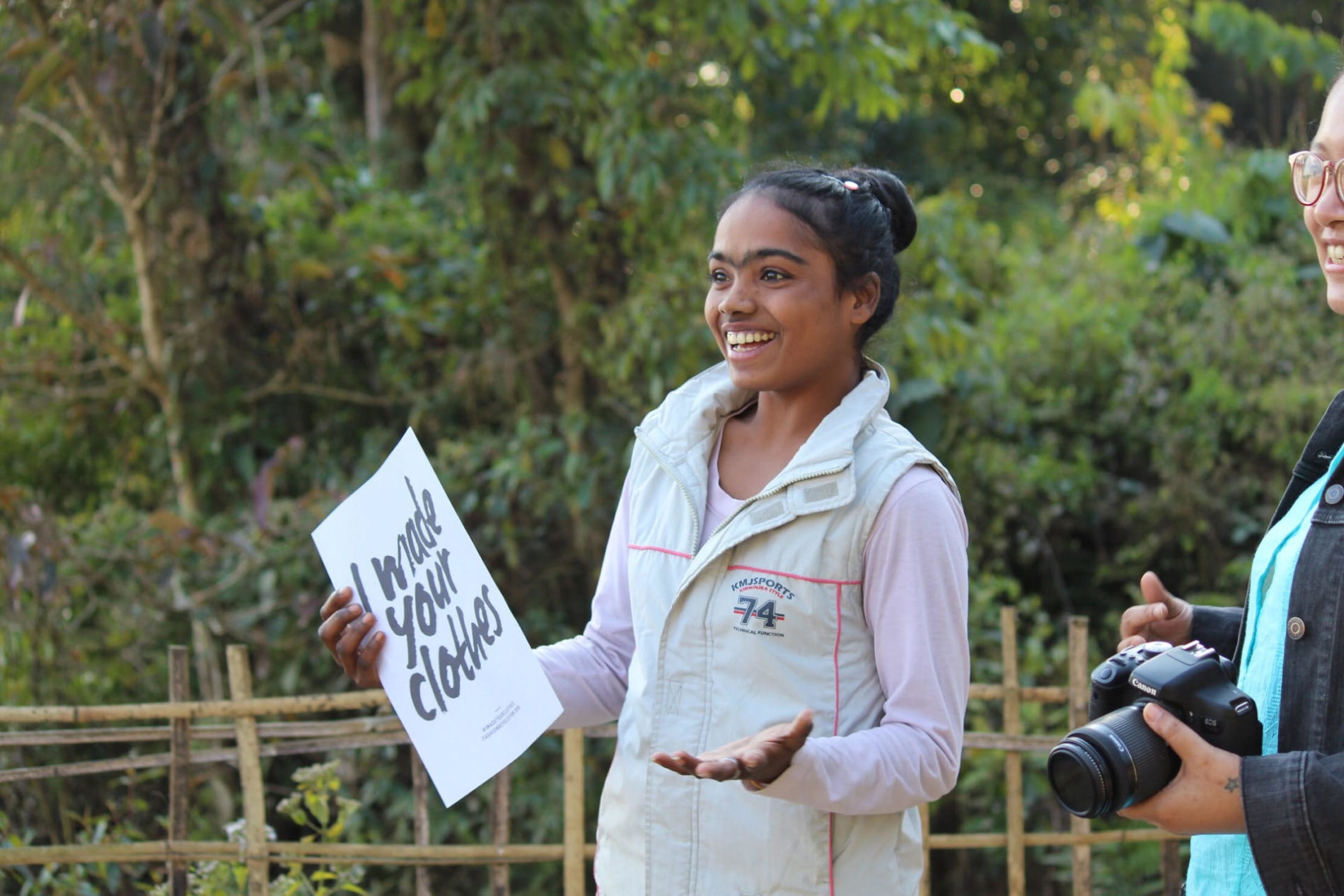
What kind of impact do you think you can have on the environment?
FM: Silk is one of the most sustainable fabrics currently available. The silk we work with is cruelty free, made from the discarded cocoons of the eri silk moth. Essentially, our fabric is made from upcycling wasted cocoons.
To keep costs down, our flagship fabric is an eri silk and khadi cotton blend. Our khadi-cotton is sourced from a small village in rural Assam that has been supporting local producers for more than 75 years. The cotton flowers are grown all over India — hand-picked and sorted, and come to Assam to be spun into yarn. Khadi tends to have a much lower environmental impact than regular cotton.
We are currently working with a company called Green Story, who are crunching all the environmental data for eri silk, which as far as our research has shown, has never been done before. We’re excited to release the metrics for the full spectrum of our environmental impact when this process is complete.

What are your thoughts about the SDGs (Sustainable Development Goals)? How do you think your company can give a positive contribution in that sense?
FM: As part of the UNDP’s Business Call to Action we are active contributors to Sustainable Development Goals 1, 4, 5 and 8.
Where do you think your project could have the best impact?
FM: SGD 8: Providing inclusive economic opportunities is probably where we create the most impact. Having a regular income makes an enormous difference for women in these rural and remote communities. We all know the anxiety that comes with living paycheck to paycheck, but these communities also have serious spanners thrown in the works from time to time, like the massive flooding we saw at the start of 2016. Regular orders for years at a time mean that these women can save and plan for their futures, which is a huge weight off their shoulders.
Please find a link to The Fabric Social website here.




